What Does it Mean to be a Realtor®.
REALTORS® aren’t just agents. They’re professional members of the National Association of REALTORS® and subscribe to its strict code of ethics. This is the REALTOR® difference for home buyers:
1. AN EXPERT GUIDE.
Buying a home can be a complex process that involves many forms, reports, disclosures, and other legal and financial documents. A knowledgeable REALTOR® can help you navigate this process, prepare the best deal, and circumvent delays or costly mistakes.
2. OBJECTIVE INFORMATION AND RESOURCES.
REALTORS® have tools and resources to help you meet your buying objectives. They can provide objective information on each property such as utilities, zoning, schools, and more. They have access to networks of other local professionals to meet all your real estate needs. REALTORS® maintain an unbiased perspective to keep your objectives in focus.
3. FINDING THE RIGHT PROPERTY.
When you work with a REALTOR®, you receive personalized service and help navigating all steps of the home buying process. To give you every advantage in your home search, REALTORS® have access to the Multiple Listing Service (MLS), which is a database of all the homes for sale in your area. The MLS is largely recognized as the source FOR other online databases, so you can search and evaluate properties confidently, with the most up to-date information available.
4. NEGOTIATION EXPERTISE.
A REALTOR® stands in your corner during all negotiations. They will consider all angles from your perspective to structure and negotiate a purchase agreement that is tailored to your particular needs. As your representative, they will continually work to optimize terms and outcomes to your benefit.
5. UP-TO-DATE EXPERIENCE.
Most people buy only a few homes in a lifetime, usually with quite a few years in between each purchase. Many agents will handle hundreds of transactions over the course of their career. Even if you’ve done it before, laws and regulations change. REALTORS® stay informed and are required to attend continuing education courses regularly.
6. YOUR ROCK DURING EMOTIONAL MOMENTS.
A home is so much more than four walls and a roof. For some, buying a home represents the biggest purchase they’ll ever make. Having a concerned, but objective, trusted REALTOR® on your side helps you stay focused on the issues most important to you.
7. FAIR AND ETHICAL TREATMENT.
REALTORS® adhere to a strict code of ethics, which is based on professionalism and protection of the public. As a client, you can expect honest and ethical treatment in all transaction-related matters.

